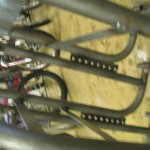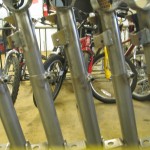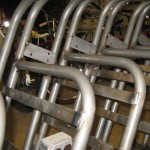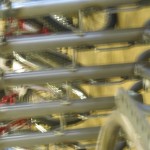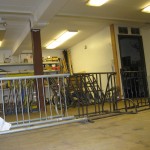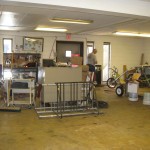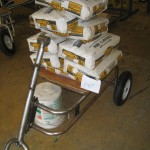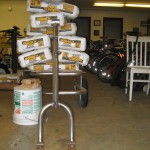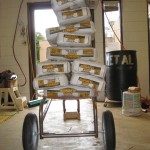Read the latest online article that Alice wrote for True Declination, an online publication. The article is titled Tools as Missions and is an overview of our trike division.
-
-
Recent Posts
Categories
Recent Comments
- Joe Harless on Hand-Pedaled Trikes
- Philip Macy on About HWI
- Harold P Adolph, MD FACS on April, 2016 Newsletter
- AT on 2015 Newsletters
- Harold P Adolph MD on 2015 Newsletters
Archives
- December 2022
- December 2021
- October 2021
- August 2021
- December 2020
- November 2020
- August 2020
- March 2020
- December 2019
- September 2019
- July 2019
- May 2019
- March 2019
- December 2018
- November 2018
- October 2018
- September 2018
- April 2018
- March 2018
- December 2017
- October 2017
- September 2017
- August 2017
- May 2017
- December 2016
- November 2016
- October 2016
- August 2016
- July 2016
- April 2016
- January 2016
- December 2015
- November 2015
- July 2015
- June 2015
- May 2015
- April 2015
- March 2015
- December 2014
- August 2014
- July 2014
- May 2014
- April 2014
- March 2014
- February 2014
- January 2014
- December 2013
- November 2013
- October 2013
- September 2013
- August 2013
- July 2013
- June 2013
- May 2013
- April 2013
- March 2013
- January 2013
- December 2012
- June 2012
- February 2012
- September 2010
- July 2010
- July 2009
- December 2007
- January 2007
- December 2006
- September 2006
- April 2006
- September 2005





